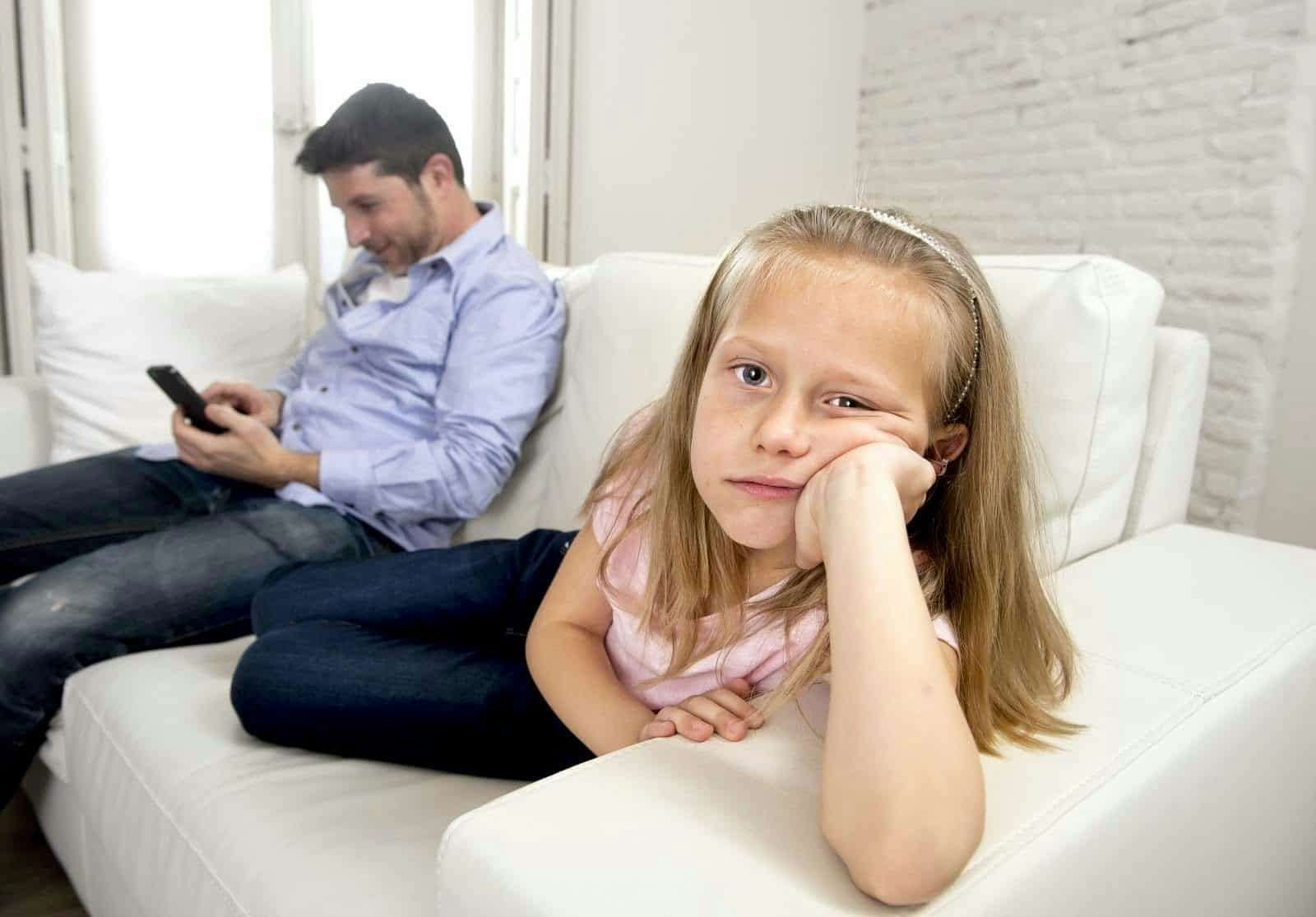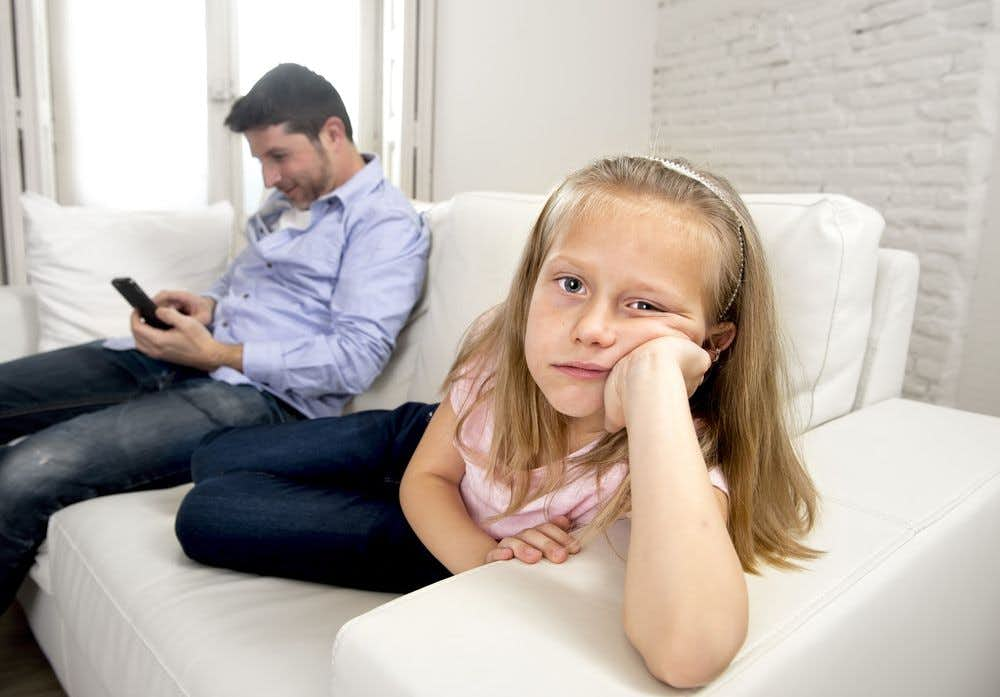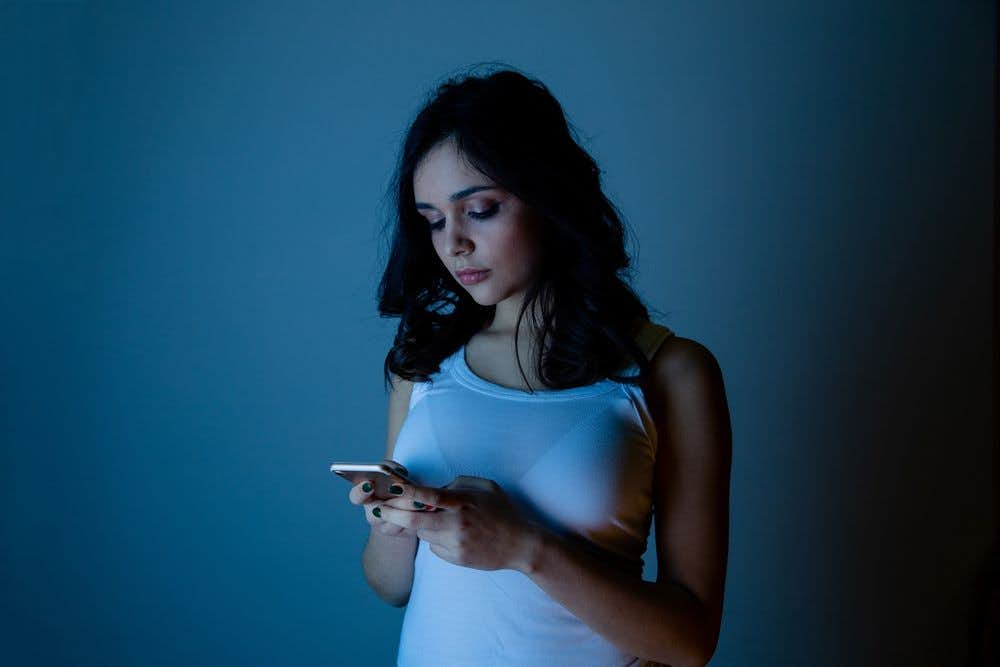May 10th, 2020

“Don’t Facebook your problems. Face them.” -Anonymous

In modern day society, social media has grown to be a major part of many people’s lives. Social media, or applications such as Facebook, Twitter, Instagram, and Snapchat (to name a few of the many types of social media) are often found on people’s phones and computers for them to access at any time they wish.
Social media has a number of positive aspects associated with it. For example, social media can keep people connected in ways that they would not be able to be connected before. By linking with other people on social media, individuals are able to keep up with other people’s lives in ways that were not possible in years prior to social media. People can share all sorts of things with one another, such as photos, videos, amongst other things. By sharing messages that are encouraging, uplifting, and positive, people can impact other individual’s lives in a constructive manner.
While it is possible to instill hope and positivity in other people’s lives via social media, and there are positive aspects that come from social media, this does not mean that social media does not have a negative side. There are several negative effects from social media that can impact one’s mental health.
One of the most obvious negative effects of social media on people’s mental health occurs with the heightened phenomenon that occurs on social media – social comparison. It is normal for people to compare themselves to other people, especially when the groups of people they are comparing themselves to are similar to themselves.
As humans, we use social comparison as a way to monitor our place in society and to gauge where one stacks up in society as compared with others. This can be beneficial – to a point – as it could give individuals the drive and desire to change things they want to improve on and a way to help one better themselves. However, this is problematic when the social comparison occurs on social media.
People can present themselves however they so choose on social media. Most of the time, people who make posts on social media post things that make them look in the most favorable light possible. Individuals are more likely to post when things are going well, or when they are enjoying the peaks of their life (for example, weddings, vacations, etc.).
To make things more problematic, pictures that are posted are often photoshopped, sometimes with filters, sometimes with major editing that changes large portions of the photo. Celebrities, for example, often post pictures that are completely altered and do not represent what is actually portrayed in real life.
When others compare themselves to these altered and edited pictures, they may feel inadequate which may lead to feelings of depression, worthlessness, and hopelessness.

Another negative effect of social media on one’s mental health is from loneliness. It may seem counterintuitive that people experience loneliness when on social media, as it was previously stated that social media is a great tool for connecting individuals that may not have been able to remain connected prior to the invent of social media. However, the connection that is provided on social media is different than experiencing a true connection in the real world.
Many subtleties and nuances that are involved in face-to-face communication (or even in vocal communication) are lost in social media and the means of communication on such applications. While social media can have its benefits and lead to feelings of fulfillment, these are often fleeting and leave users needing more, which may contribute to the next topic, social media addiction.
Just like many things, social media can lead to addiction. Those who spend time on social media can easily become addicted to the features that they have to offer. Whether looking at pictures of others, or posting stories or pictures of oneself, the amount of time people spend on social media can be staggering. Often times, people can form the habit of accessing social media countless times a day and spend mindless minutes or hours scrolling through the different social media applications.
Altogether, social media can be both positive and negative. While this article highlighted primarily the downsides of social media, it is not to say that social media does not have benefits that could come from its use. However, there are several negative effects that social media can have on one’s mental health.
Obsessive social media use can lead to addiction and neglected one’s other responsibilities or missing out on real life events and interactions. Relatedly, social media use can lead to loneliness if one relies on social media for their sole (or main) form of communication with others. One of the most obvious negative effects social media can have on one’s mental health comes from social comparison. Social media tends to paint people in their most favorable light possible and props people up to appear to be better than they are. When comparing oneself to others on social media, it is hard – if not impossible – to stack up to the illusion that is all over social media.
It is best to use social media in moderation and to try to limit the comparison of oneself to others while using social media.

Our Services
Virtual/Online CarePHP and IOPAdult PsychiatryChild & Adolescent PsychiatryAdult TherapyChild & Adolescent TherapyCouples CounselingFamily TherapyGroup TherapyPsychological TestingTranscranial Magnetic Stimulation (TMS)Resources
Refer a PatientCareersClinical Training OpportunitiesOur ProvidersFree Mental Health TestsCommonly Prescribed MedicationsLocationsBlogIn The NewsClarity Through CharityClarity for AllQuick Links
Patient PortalFAQsAccepted InsurancesContact us